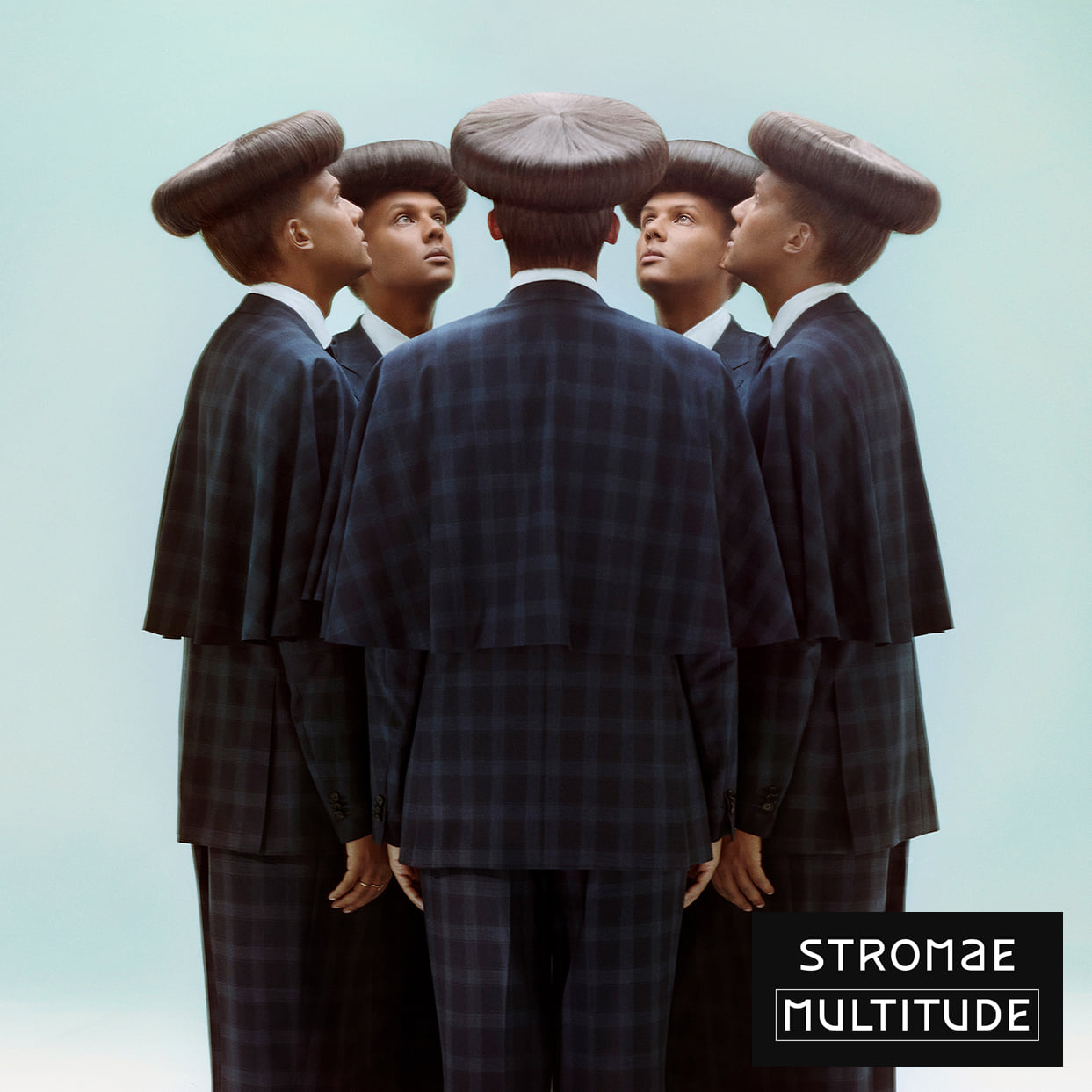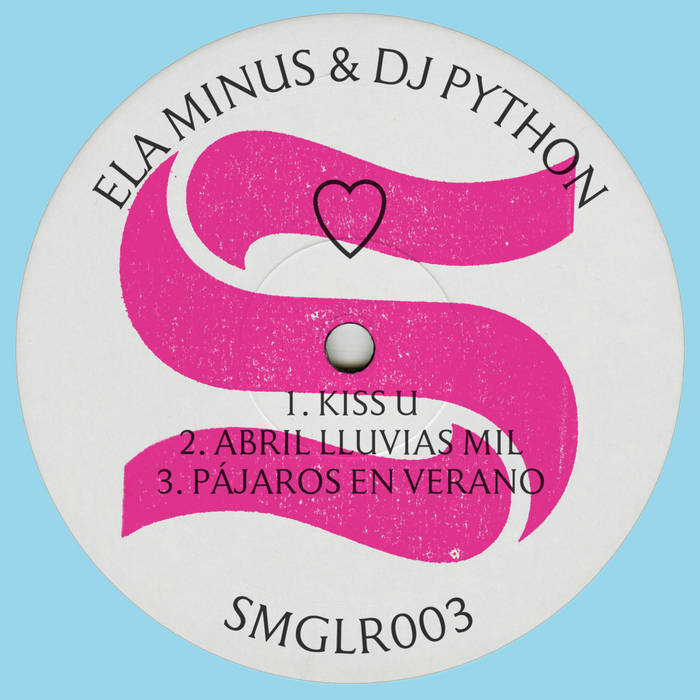Stromae – Multitude
Late last year, we interviewed Sofi Tukker before they embarked on their first tour since lockdown. We asked, “if there was any artist they’d want to work with, who would it be?” The answer came without hesitation: Stromae. It’s easy to see why. The Belgian singer, songwriter, and rapper emerged on the scene in 2009 with the relentlessly groovy Alors on Danse, presenting the world with a particularly unique brand of funk-house that was informed by eclectic influences from hip-hop, Belgian New Beat and Congolese rumba. The influence of his sound can be felt in Sofi Tukker’s own ‘jungle house,’ a style that’s defined by its worldly swagger. Since 2009 though, Stromae’s sound has been on its own journey, delving further into his eclecticism and multi-cultural points of departure.
His latest album, Multitude, is evidence of this continuous evolution. His most sonically diverse work to date, Multitude is Stromae at his most ambitious yet accomplished yet. There are no glossy four-on-the-floors, or whining sax, or propulsive bass, but rather a focus on more complex and rhythmic percussion informed by folk styles from South America to Asia. This folkier approach sets the backdrop for what is his most intimate writing yet. It provides epic soundscapes accented with choral chants and strummed cavaquinho guitar for lyrics that cover everything from multiple considerations on self-defecation on the giddy charango styled C’est que du bonheur, to penis envy on Mon Amour. Stromae has always been a punchy lyricist (his words just as sharp as this critic reads translations from their original French), not shying away from headier themes and the gravitas of politics in his otherwise thumping eurodance. On Déclaration, he contemplates gender roles in the scope of parenthood, pondering why “it’s still a better deal to be a bastard than a slut.” Multitude sets a quieter stage than his previous work for this approach, and tellingly his wit and matter-of-fact irony is all the more potent for it. Lead single Santé is an ode to frontline workers and those who lost their lives fighting the pandemic. It’s a mix of cumbian and reggaeton flavours with whistles and cavaquinho strums, its beat feeling precariously unstable. It meets his complaints about the public who applauded frontline workers at 8PM every night, but now complain about the lack of swift service on the other side of it all. His irony extends to the music at times. Fils de joie, a song that pays tribute to sex workers and their children, opens with a sample of the harpsichord score to Netflix show Bridgerton, before surging into a baile funk groove juxtaposed with classical elements as Stromae sings with operatic bravado. On the stunning L’enfer, he contemplates his own mental health and laments guilt at feeling bad for himself. The dichotomy between Stromae’s dance pop origins and his more global inclinations is explored on the one two punch of Multitude’s finale, Mauvaise Journée (Bad Day) and Bonne Journée (Good Day). The former plods along with strummed guitar and big brass flourishes, while the latter explodes with massive bass and a steamy trap bounce.
Download and stream Multitude here
With each new body of work, Stromae has only grown in complexity and musical prowess. After his time away from the public eye, Multitude presents not so much a return to form, but a second coming for an artist who’s never shied from his own ramifications. In combining his raw honesty with sounds and ideas that veer away from his usual dance formula and into more specific territory, Multitude sees an artist who’s always been in touch with themselves further coming into their own.
See the music video for Fils de joie from Multitude below.
Follow Stromae



